Anxious people are at higher risk of dementia
Assessing a person’s health, people may pay more attention to physical performance, while ignoring emotional and psychological aspects.
Compared with the pain of physical illness, mental trauma is like a chronic poison, which will eat away the health of the whole person step by step.
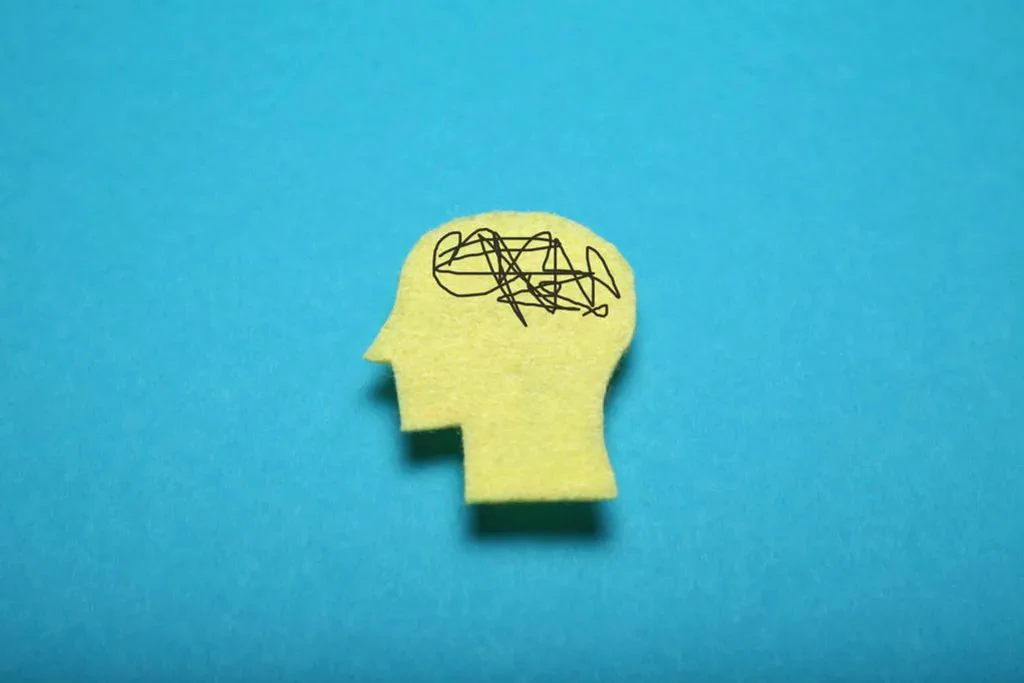
A 30-year study by an international research team led by Duke University in the United States found that people with early mental disorders (anxiety, depression, schizophrenia, personality disorders, etc.) higher risk of developing dementia. Focusing on mental health at a young age may reduce or delay the burden of dementia later in life.
The research was recently published in JAMA Psychiatry, the top journal in the field of psychiatry.
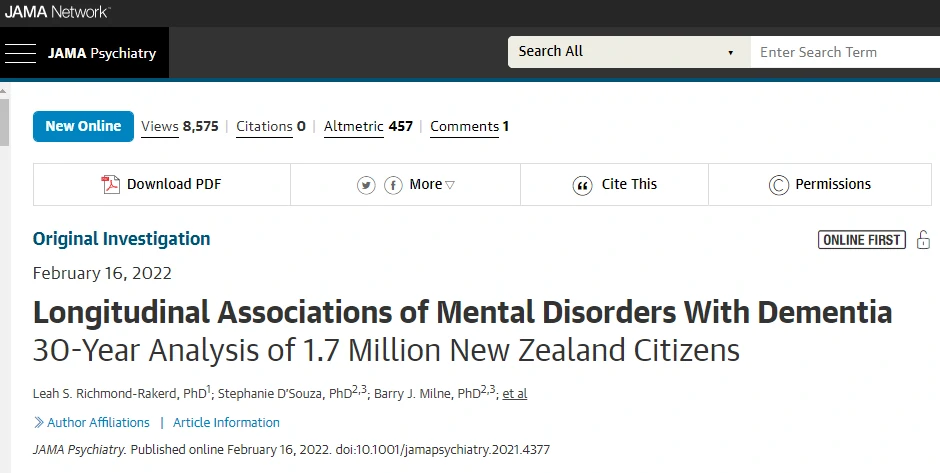
Anxiety, depression increase the risk of dementia
The researchers investigated a 30-year follow-up study (1988-2018) involving 1,711,386 New Zealanders aged 21 to 60 at baseline, 50.6% male.
During the follow-up period, 64,857 people were identified as having a mental disorder and 34,029 people were identified as having dementia. Similar proportions of men and women are diagnosed with a mental disorder, but more are younger.
Dementia was diagnosed in 3957 (6.1%) of those diagnosed with a mental disorder during the observation period; only 1.8% of those without a mental disorder. Dementia rates are high among men, women, and people with mental disorders of all ages.
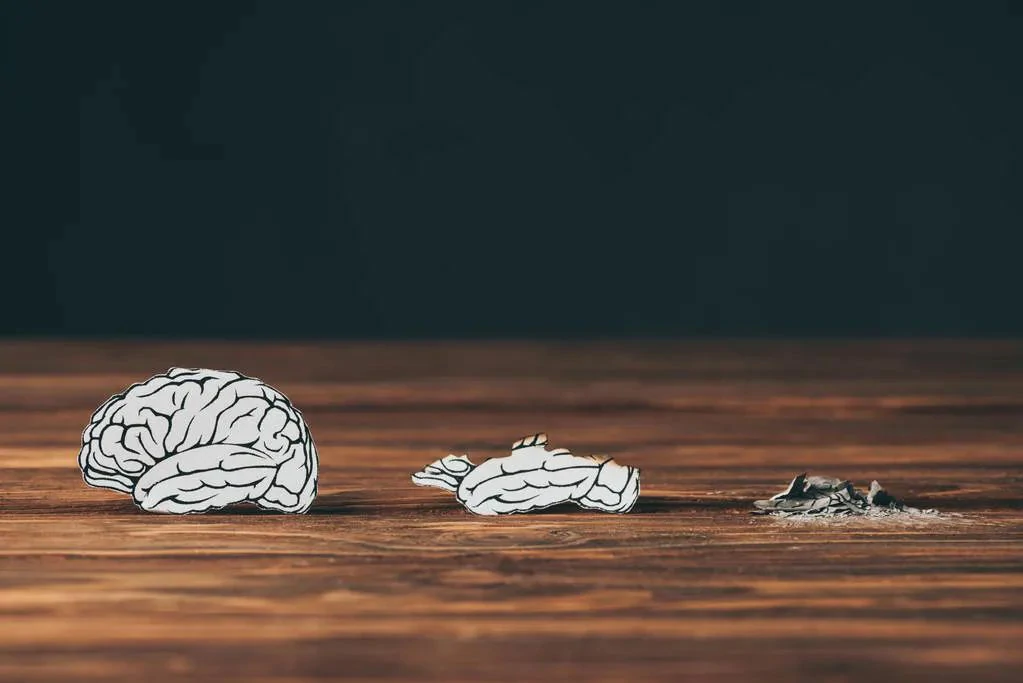
The link between mental health problems and dementia was observed in both men and women with both early-onset and late-onset dementia. Thus, mental disorders are significant early warning signs of subsequent dementia.
The lead author of the study said that mental health issues are not the “final verdict” of dementia, and that mental health needs to be taken care of as well as physical health to reduce the risk of developing the disease later on.
How Negative Emotions Affect the Body
If mental disorders such as anxiety and depression have affected daily life, you need to seek medical attention in time and follow the doctor’s advice.
Poor mood and mental health are one of the reasons for mental disorders. In psychology, anxiety, tension, anger, depression, sadness, pain, and other emotions are collectively referred to as negative emotions.
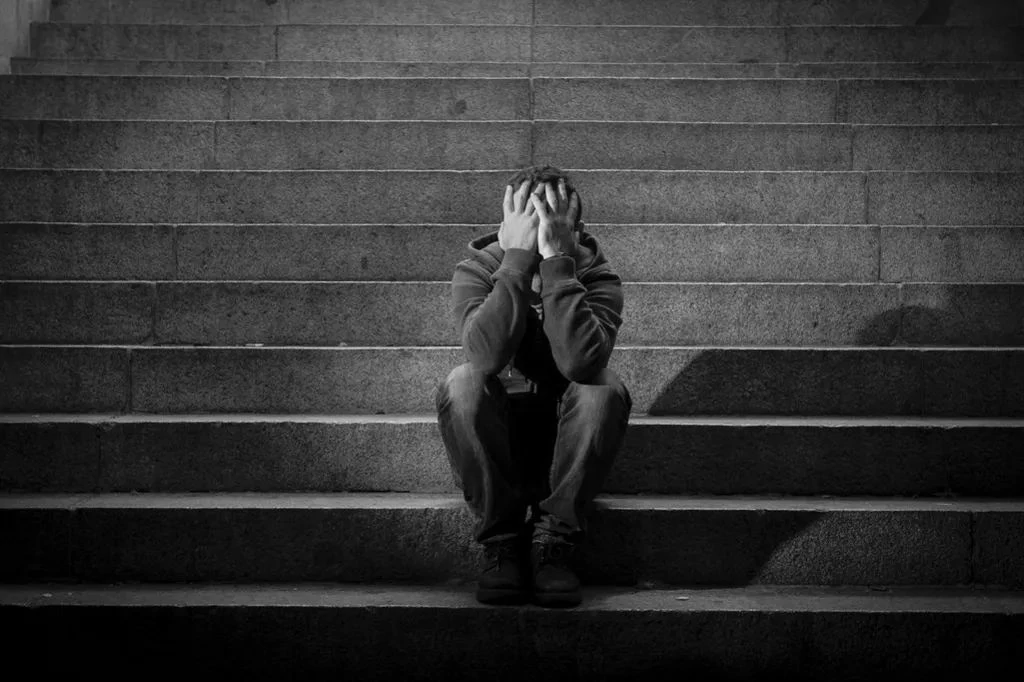
Clinically, many digestive system diseases, skin diseases, endocrine diseases, etc. are closely related to emotions and psychology.
stomach
The gastrointestinal tract is called the “second brain”, and its functional state is influenced to some extent by emotions. Long-term negative emotions can easily lead to gastrointestinal dysfunction, leading to indigestion, constipation, diarrhea, gastritis, intestinal inflammation, and unexplained abdominal pain.
cardiovascular
Excited emotions such as anxiety and anger can damage blood vessels and lead to cardiovascular diseases such as hypertension and coronary heart disease.
The risk of acute myocardial infarction within 2 hours increased by 2.44 times when people were extremely angry; even mild depression, anxiety, or stress doubled the risk of heart disease.
skin
Skin diseases such as urticaria, psoriasis, eczema, and itchy skin are closely related to their etiology and pathogenesis.
Endocrine System
People who are stressed and anxious for a long time are prone to thyroid disease; women who are prone to anxiety and anger are more likely to have endocrine disorders, and even increase the risk of breast cancer and ovarian cancer.
The following 3 types of people are more susceptible to negative emotions and need to pay attention to mental health issues.
◎ Adolescents: With the rapid development of body, self-awareness, and personality, adolescents are prone to problems in interpersonal relationships, emotional stability, and learning adaptation. Teens with psychological problems transition into adulthood with higher rates of crime and antisocial personality disorder.
◎ Women: Women are more delicate in their minds, their frequency of emotional rumination is higher than that of men, and they have more troubles, especially women who are emotional, over-accommodating, worrying, and over-dependent, and are more prone to depression, neurasthenia, anxiety disorders, and other problems.
◎ The elderly: organ aging, functional decline, and various diseases appear one after another, which makes the elderly prone to mental and psychological disorders. The most common is depression in old age, in addition to dementia, post-traumatic stress disorder in old age, sleep disorders, etc.
6 Ways to Make Peace with Bad Emotions
Everyone will inevitably encounter negative emotions. Learning how to accept and deal with these problems is the most important thing. The following 6 methods may help you.
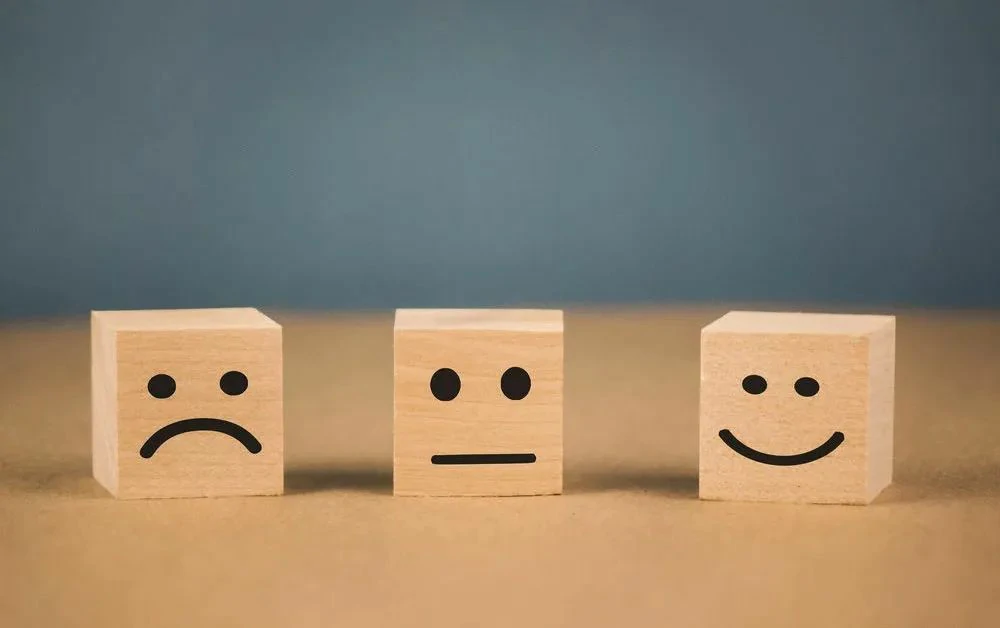
Try box breathing
“Box Breathing” allows us to quickly activate the parasympathetic nerves to achieve a calming, relaxing effect, helping to instantly soothe our emotions.
How to do it: Inhale through your nose for 4 seconds, hold your breath for 4 seconds, then exhale through your mouth for 4 seconds, hold for 4 seconds. Repeat 4-5 cycles or more until you feel calm.
Avoid “future anxiety”
Many people’s anxiety comes from “future-oriented” emotions, repeating “bad things that may happen in the future” in their minds and mistakenly taking it as reality.
Try to describe the anxious thought: “I have a thought… (the content of the thought), but it’s just a thought, it doesn’t necessarily happen.” You will realize that it is the “imagination” in your mind that is making you anxious, not the the inevitable reality.
Recognize and accept bad emotions
Trying to suppress and deny emotions can make it even harder for us. At this point, try to accept your emotions and admit that “this thing really bothers me.” Avoid emotional rumination afterward, and don’t repeatedly recall scenes or experiences that make you sad.
In addition, you can also talk to relatives and friends about the difficulties you have encountered. Talking is a good way to relieve bad emotions.

Don’t “self-concept”
Many people subconsciously label themselves: “I’m a girl so I can’t”, “I’m a mentally ill person”, “I’m an unwanted person” and so on.
No matter what happens to you, it is only a state at a certain moment or period, a small part of yourself, and accepting that people are constantly changing can reduce anxiety or depression.
Find meaning for your “suffering”
Do not deny the negative side of suffering, and do not deny and suppress your own feelings.
Strive to accept the fact that the “negative event has happened”, stop trying to change it, and after adjusting yourself, try to study this unique experience to see if you can learn from it and make us live better in the future .
try sports or other hobbies
It’s a good idea to get moving when you’re in a bad mood, and exercise can release dopamine that makes you feel happy. Aerobic exercise has great antidepressant and anxiety effects, as well as great benefits for stress relief. Besides exercising, try doing something you enjoy.
In addition, a hot bath is also a good idea. Within the normal range, people with higher body temperature are more likely to feel pleasant.